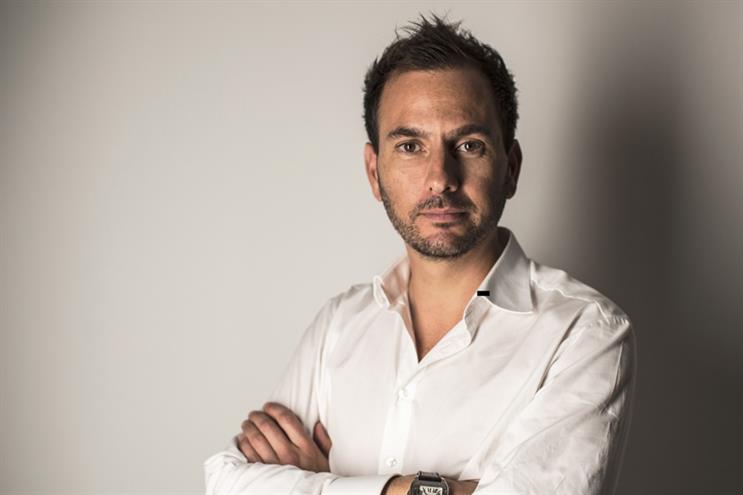Believe it or not, the world is in a much better place than it was a generation ago.
How do I know? I was lucky enough to attend the , Bill and Melinda Gate's inaugural progress report on how the world is working towards the UN's key goals for 2030.
Inspirational leaders like Barack Obama, Malala Yousafzai and Justin Trudeau shared their impact, stories and solutions; we witnessed the life-changing moment when women in Somalia were suddenly given $1m (£759,000) to change their lives for the better by "Love Army"; and we celebrated the champions, both notable and nameless, that are helping save and change our world.
As a conservationist who co-founded the BLUE Marine Foundation, I was relieved to hear the world’s top thinkers set out their achievable visions for saving the planet and the people who live on it. But as chief executive of the agency collaborating with the global strategy for Project Everyone, I was struck by just how many brands were present.
This shows that brands are, thankfully, waking up to their role in saving the planet. And yet, despite all the chatter around "purpose", and the evidence that brands with purpose drive more growth than those without, still not enough of us are letting this vital imperative shape overall marketing strategy.
Yes, I’ve heard all the counter arguments: advertising’s role is to help clients turn a profit, not save the planet. "Consumers" don’t want to be preached to, they want to be entertained. Purpose is a luxury afforded to only the biggest brands, because smaller brands have to invest their energies, will and resources into ensuring they’re not caught out by basic systemic issues like ad fraud. It’s a damned tough market out there and the priority is survival, not fixing the world’s environmental and sociopolitical issues.
Although I have a degree of sympathy with some of these arguments, if you scratch beneath the surface, a different truth is revealed. Smaller brands, for example, have a better opportunity to win when it comes to taking a conscientious stand.
They have less baggage and less dinosaur corporate bullshit to deal with. With it now being an established fact that millennials want to exercise their spending power more conscientiously than previous generations, more purpose-driven challenger brands like Patagonia, Tesla and Lush are resonating with this next generation of consumers.
Then there’s the bigger picture. And this where short-termist purpose-detractors are missing a crucial point: if we don’t take an active role in curbing climate crisis, there will eventually be no consumers or advertisers left to drive the industry (or any other industry, for that matter).
The evidence that the world is on the brink of destruction is all around us: from that ‘inconvenient holiday’ you experienced back in Summer when the Lucifer heatwave hit Europe; to this year’s unprecedented hurricane season; and – shock horror – the climate crisis driven damage to champagne, aka advertising juice. With such visceral evidence mounting up, the onus is on everyone to take a stand.
So what can we do about it? The good news is that we are the masters of communication. Advertising has honed its comms skills for centuries. And it’s time we started using this prowess to give, rather than take.
If there’s one marketing takeout from Goalkeepers, it’s that we desperately need a change of lens. We need to switch from seeing people as consumers to instead thinking about them as citizens. Then we, like Philips and its impressive strategy, will treat people with more respect while creating more meaningful content.
Shifting towards a "citizen marketing" mindset means we’ll start thinking more about what really matters to people. Having been at the forefront of content marketing for over a decade, it’s clear to me that in this era of attention deficiency, marketers need to prioritize engagement first, with selling coming in second. What better way to engage than by talking about the subjects people really care about?
Citizen marketing will drive more thoughtful and meaningful content. Such a lens change will help us create more powerful and optimistic marketing; campaigns that take a longer-term view by encouraging and inspiring people to make a difference and protect the world, rather than merely buying more shit.
Chris Gorell Barnes is founder and chief executive of Adjust Your Set


